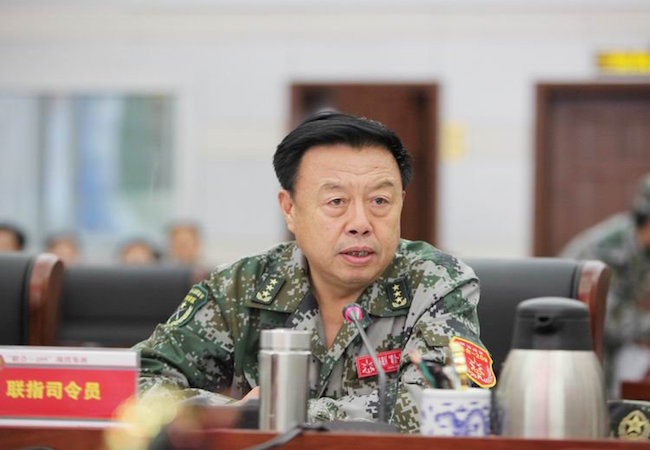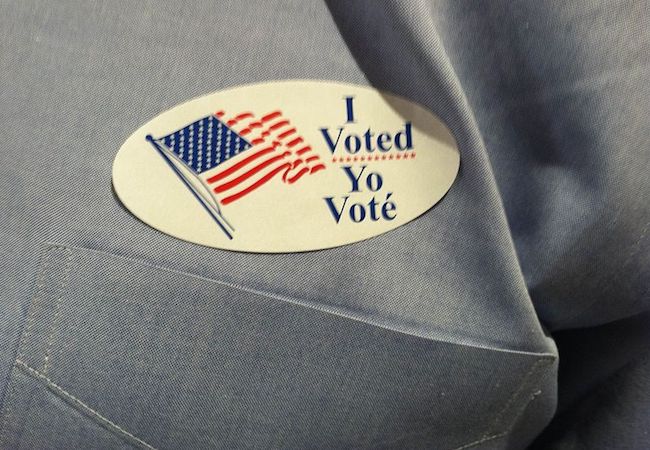China: Action to be taken if deadly bombing happens again

No further deadly stray fire incidents should happen or the Chinese military will take “firm and decisive action” to protect the safety of its people, senior Chinese military leader Fan Changlong said on Saturday.
Fan, vice chairman of the Central Military Commission, made the remarks while speaking with Min Aung Hlaing, commander-in-chief of the Myanmar Defense Services over the telephone, after a bomb dropped by a Myanmar warplane on Friday killed four Chinese in southwest China’s Yunnan Province.
Fan called on Myanmar to seriously investigate the incident, and urged the Myanmar side to severely punish the perpetrators, as well as apologize to and compensate the families of the victims.
He voiced hope that the Myanmar side would settle the incident well and work with China to ensure the safety and stability of the border areas.
Min Aung Hlaing said the Myanmar side understood China’s feelings and assured that the Myanmar side would send personnel to jointly investigate the incident with the Chinese side. Min Aung Hlaing also promised to properly handle relevant issues and hold relevant people accountable.
He said the Myanmar military would advance friendly cooperation with the Chinese army.
Myanmar’s warplanes have on several occasions crossed the China-Myanmar border and stray fire has caused casualties and loss of property of the Chinese people, Fan said.
On March 8, stray fire from a fight that occurred between Myanmar’s government forces and a local ethnic army had damaged a house in China.
Friday’s bombing hit a sugarcane field in the border city of Lincang, killing four people working there and injuring nine others.
Since Friday, China’s Air Force have sent fighter jets to patrol over the China-Myanmar border areas to “track, monitor, warn and chase away” Myanmar military planes flying close to China.
Chinese Vice Foreign Minister Liu Zhenmin summoned Myanmar ambassador Thit Linn Ohn in Beijing Friday night, lodging solemn representations to him.
On Saturday, Chinese ambassador to Myanmar Yang Houlan also lodged urgent and solemn representations to Myanmar government and military.




